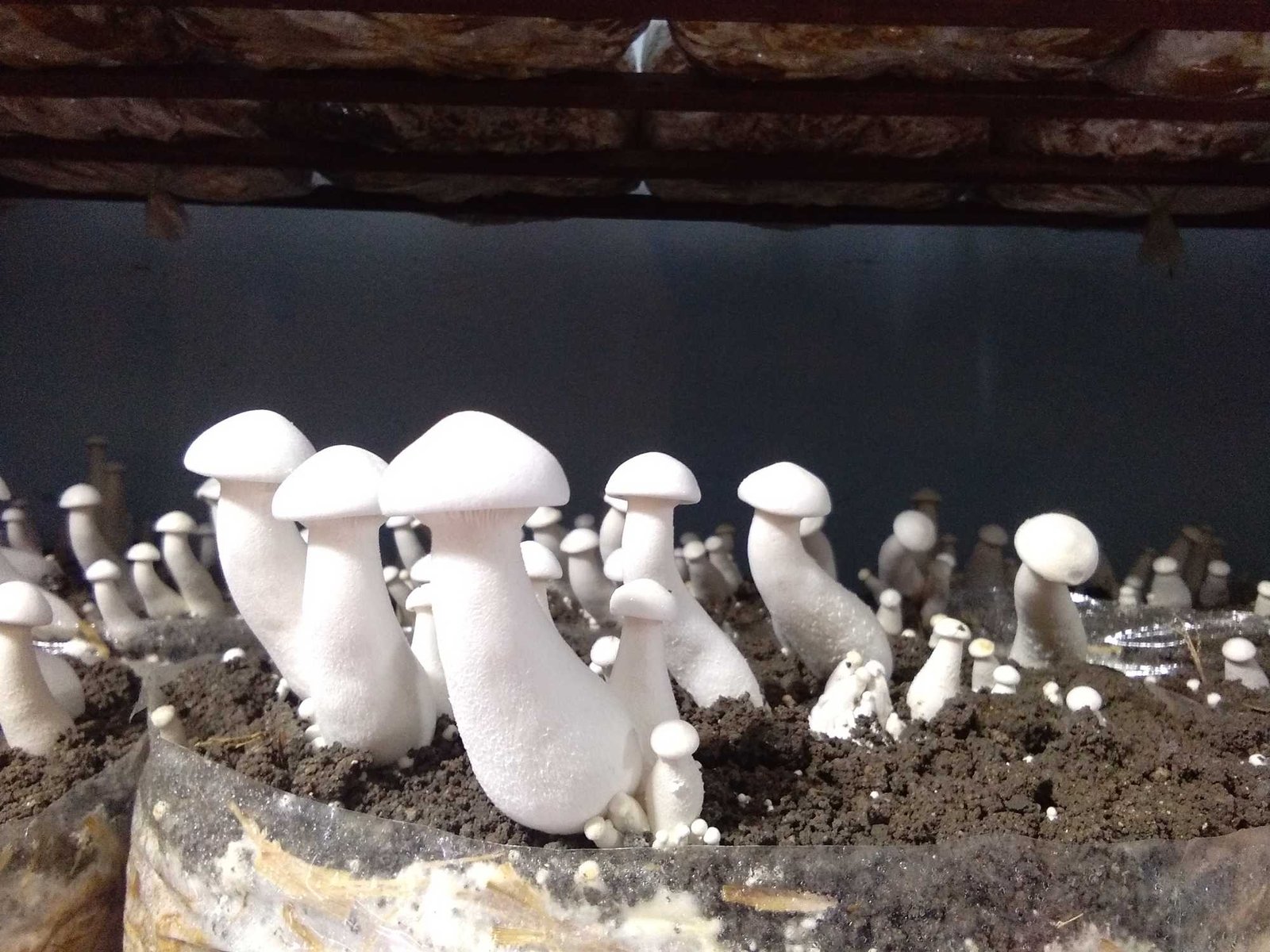
Grades of Mushrooms
Mushroom management, also known as pseudo-analysis or blind development, is the management of a company where the communication channels between the managers and the employees do not work traditionally. The term mushroom management alludes to the stereotypical (and somewhat inaccurate) view of mushroom cultivation: kept in the dark. There are thousands of types of mushrooms. Learn all about how they affect your health from WebMD's slideshow, plus ways to cook them and get more in your diet.
U.S. No. 1 consists of fresh mushrooms of similar varietal characteristics which are mature, at least fairly well shaped, well trimmed, free from open veils, disease, spots, insect injury, and decay, and from damage by any cause.
U.S. No. 2. The requirements for this grade are the same as for U.S. No. 1 except for a greater tolerance for open veils and a larger tolerance for defects.

Mushroom Bharsar Students Vs


Detailed standards, Inspection Instructions & Other Resources:

Mushroom Cultivation Training
Info International Educational and Welfare Society also organizes many mushroom cultivation training program in the different villages of Dehradun and Rishikesh. More than 550 Women and Girls got benefited through these training programs and after this many of them started their own Mushroom cultivation business.
Mushroom cultivation Training Programme was running at two centers in Dehradun (Ajabpur Kalan and Bhudpur) where residential facilities are available in Ajabpur Kalan center.
Mushroom Cultivation Training in Ajabpur Kalan Dehradun
Mushroom Production training was offered to Farmers, Entrepreneurs, Growers and Students. The training is aimed at enriching the growers for basic and the advanced techniques of cultivation whichever was new to them. Mushroom Cultivation Training Programme was running in Dehradun (Ajabpur Kalan where residential facilities were available in the center. The training programme started on 15th June 2018 from morning 9 AM. There were 25 students in the trade who received training from experienced and well qualified trainers. In the first Month of training, all the students got the passion and enthusiasm for training. There were two classes conducted for the Students viz:
- Sector Specific Classes
- Soft Skill Classes
Mushroom Cultivation Training in Shimla By-pass Road, Budhpur Pelio, Dehradun
Mushroom Cultivation Training Programme was running in Shimla Bypass Road, Bhudpur Pelio, Dehradun where the residential facilities were available in the center.
IIEWS is providing Mushroom Cultivation Residential Training Programme in its own centers in Shimla Bypass Road, Bhudpur Pelio, Dehradun. The training programme started on 15th June 2018 from morning 9 AM. There were 25 students in the trade who received the training from the experienced and well qualified trainers. During the training programme all the students were highly passionate and enthusiastic for the training. The main objective was to encourage the poor farmers to take up Mushroom Cultivation as an enterprise through adoption of Scientific Mushroom Cultivation Technology. Our Faculties covered different topics viz., scope of mushroom cultivation in Uttarakhand, importance of mushroom in relation to food, health; introduction to different edible and non-edible mushrooms in India, cultivation process of different commercial grown mushroom species in India, film show on success stories of mushroom growers to encourage poor farmers/beneficiaries towards mushroom cultivation etc. Faculty also carried out method demonstration on oyster and milky mushroom cultivation practices.
There were two classes conducted for the Students:
Mushroom Bharsar Students School
- Sector Specific Classes (Mushroom Cultivation Training)
- Soft Skill Classes